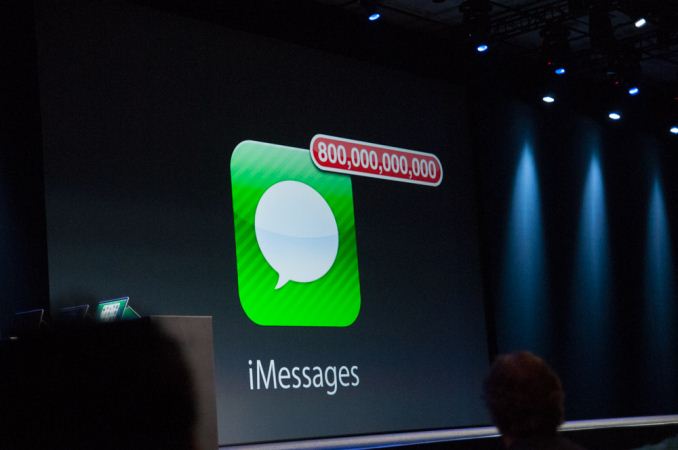i think every UK prime minister has said they would use them - you kinda have to as leader of the government which has that policy.
#unpopular opinion
i want to look at mhairi black's argument; she first says that the only time we'd ever use trident is if a nuclear strike has been made against us - this seems to misunderstand the purpose / point of deterrence, in that trident is being used all the time, everyday - that's why we always have one sub in the sea ('continuous at sea deterrence'). she then goes on to talk about what is essentially 'threat calculation'. it's right to say that we can't predict the future; before the outbreak of WW1 much of western europe believed inter state conflict had been ended by economic interdependence while for the 1920s / early 30s much of the UK defence policy was grounded in the belief that the country wouldn't enter another major war for the foreseeable future. the events of today would appear illogical to politicians and commentators pre 9/11 - the events leaders will encounter in 10 to 20 years may be just as surprising. no one predicted the arab spring and the resulting clusterfuck of events, the about-turns, changes in leadership, general civil strife even a year before. the time scale to consider when discussing trident is a period even the most competent 'analysts' are incapable of foreseeing. anyway, she then goes on to list current strategic threats - terrorism, climate change, cyber crime. these are all threats, yes. does trident help? no. but it is not intended to - neither are aircraft carriers or other non-nuclear heavy military capabilities (do we get rid of these?). the existence of international terrorism / climate change / cyber crime does not call for the end of a capability that has significantly different applicability (large scale state conflict). next she talks about countries that don't have nuclear weapons - would she rather more had them? i'm quite happy with just the 9 and a process of reducing warheads through confidence building measures to eventually, hopefully (but maybe unlikely), have no nuclear weapons. the reason most of europe does not need them is because they fall under the nuclear umbrella of the US / UK / france. okay, next up - it's all about maintaining a seat at the UNSC / 'putting a stamp on the world' / general power projection etc - she's actually kinda right on this one and i really don't have a problem with us having a seat at the UNSC. re the money - trident comes from the defence budget - money would not shift to welfare, health or education. it does introduce an interesting debate about what the defence budget should be spent on though.
i don't want to have nuclear weapons, and i'd rather the money spent on the above. but i remain unconvinced by the alternatives. unilateral disarmament seems like a disastrous idea and we'd be naive to think that anyone else would suddenly hand in their nuclear stockpiles. just now, i think we need some form of nuclear deterrent (so prepared to look at all options) but every study, including the lib dem one from a few years back, has shown that the alternatives would be more expensive and less reliable. so for me i'm still stuck in a bit of a limbo.
on labour... i need to rant a bit here sorry
here is jon lansman, architect of corbyn's 2015 campaign for the leadership, founder of momentum, and general best buddy (.... get started the seumas )

you represent no one if you don't win. if you think this is the type of politics that labour should represent, fine, but it won't work. not winning is maybe an elitist indulgence lansman can afford but everyone else can't - particularly those struggling / those that labour are meant to represent. it also gets a bit frustrating hearing people who criticises corbyn described as a 'blairite', like a slur, in a way that gives the impression they don't want a strong left of centre political party to challenge the conservatives, and that the left is divided into two clearly designated camps (if you don't support corbyn you must support blair). (either way, the blair government was responsible for an incredible amount of social advancements, many of which we now take for granted)
poor leadership, mismanagement, out of his depth, contempt for his own MPs, i could go on. new ipsos mori poll has only 11% of people who don't currently vote labour thinking corbyn has what it takes to be a good prime minister (81% against). people say corybn is made ineffective by his party (i'm assuming this means the massive vote of no confidence that no other party leader would survive). i've heard this a lot lately and i find it puzzling; mainly because it kinda smells of 'he is bigger than the party', which also fuels the atmosphere of intimidation, deselection and threat we've increasingly seen around what now resembles more of a cult. it also leads on to the strange assumption that 'grass roots' means those who spent £3 last year on membership, and that these people have a moral-like high ground over not only those who have served labour their whole lives, but also the entire electorate. it's a bit 'members only club'. corbyn's labour appears to have completely abandoned the idea that we live in a parliamentary democracy where MPs are elected, make decisions and are held accountable. instead, for them, the fight happens 'local' - at rallies, at hustings in town halls etc. this is a vital part of our democracy but it is not an end in itself.

ComRes polling from last week
also, i dunno i kinda think 'lack of experience' means you probably shouldn't be a) party leader b) prime minster





